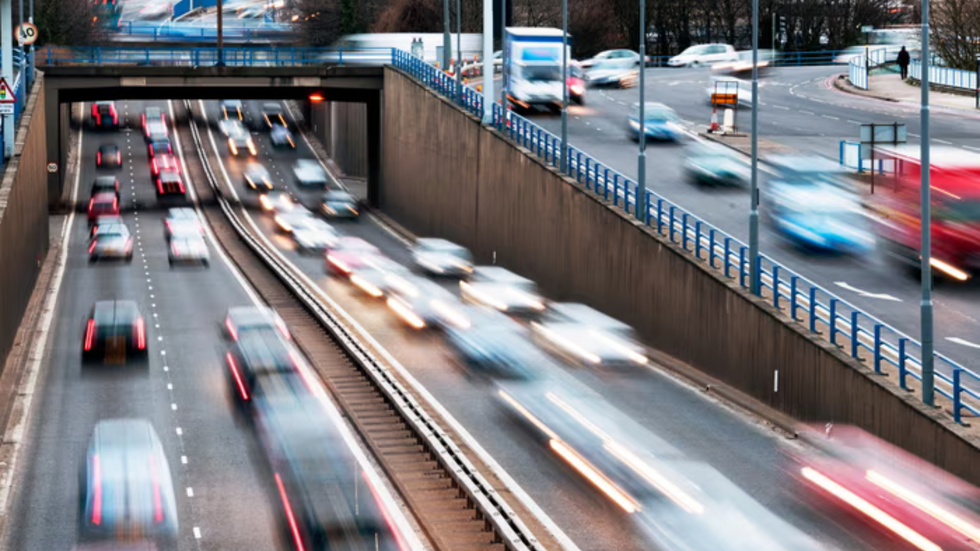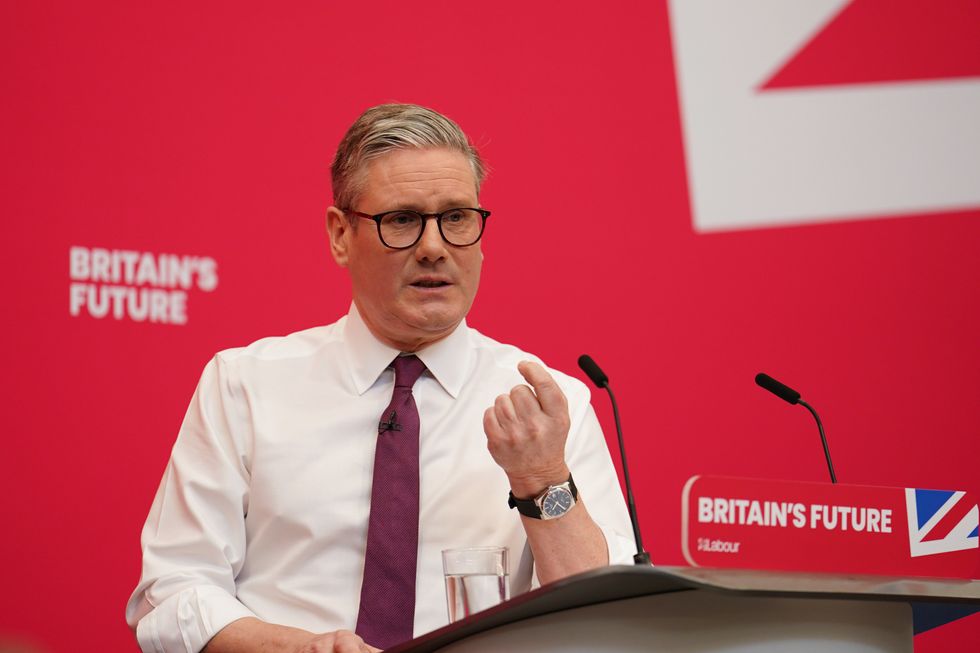The study said the UK's "transport system reflects wider inequalities in society" and that the super-rich contribute far more than their fair share
Getty
Rich, white, rural men are the worst greenhouse gas offenders, according to new research by a progressive think tank
Don't Miss
Most Read
Trending on GB News
Just one in five Britons contribute half of the UK's total transport emissions - and the worst offenders are well-off, rural white men, a new study has claimed.
The probe by think tank the Institute for Public Policy Research (IPPR) - which describes itself as "working towards a fairer, greener and more prosperous society" - into greenhouse gases and transport lays the blame at the door of the super-rich and calls on authorities to ramp up Net Zero efforts in the name of fairness.
The study found that people with an annual income of more than £100,000 travel at least double the distance every year of those earning under £30,000, adding that the UK's "transport system reflects wider inequalities in society".
Men are more likely to be "higher emitters" than women, the IPPR research found, while "people from a non-white British ethnicity tend to travel less far and emit less".

The study found that people with an annual income of more than £100,000 travel at least double the distance every year of those earning under £30,000
Getty
The think tank also pointed out that 35-64-year-olds were the worst emissions offenders, while people from Britain's most deprived areas also emitted fewer harmful gases as they travelled far less.
Rural Britons were also much more polluting, based on their reduced access to public transport compared to their urban counterparts.
The report also called on the UK Government and the Committee on Climate Change to "do more to put fairness and the British public at the heart of their Net Zero plans" via a range of measures including banning the purchase of new non-electric vehicles by 2030.
Dr Maya Singer Hobbs, a senior research fellow at IPPR, said: "Our transport system both reflects and contributes to social inequalities. Reducing emissions can actually tackle some of that injustice, if done fairly.
MORE LIKE THIS:

Sir Keir Starmer's plan to reach Net Zero by 2030 will cost £116billion in additional investment, according to Aurora Energy Research
PA"But while not everyone needs to make the same changes, those who are financially best off need to do the most."
Stephen Frost, principal research fellow at IPPR, said: "By putting people at the heart of our approach to reducing Britain's climate impacts we demonstrate both who is best placed to cut their emissions at the pace needed and how doing so can help tackle the underlying unfairness in who the transport system currently works for.
"Now is not the time to slow down our efforts to reach Net Zero - doing so just fuels existing transport inequalities.
"The next UK Government must step up the pace by delivering a credible, fair and people-focussed plan for more sustainable travel."
But what pollsters suggest may be the next UK Government has come under fire for their environmental targets; Sir Keir Starmer's plan to reach Net Zero by 2030 will cost £116billion in additional investment, according to analysis by Aurora Energy Research in March.
This is more than double what it would cost to reach net zero by 2035, analysis by Auror Energy Research showed.
Aurora's analysis, put together on behalf of right-wing think tank Policy Exchange, saw Labour's goal dubbed "simply not feasible" by Policy Exchange's director of research Iain Mansfield.
GB News has approached the Labour Party for comment.








